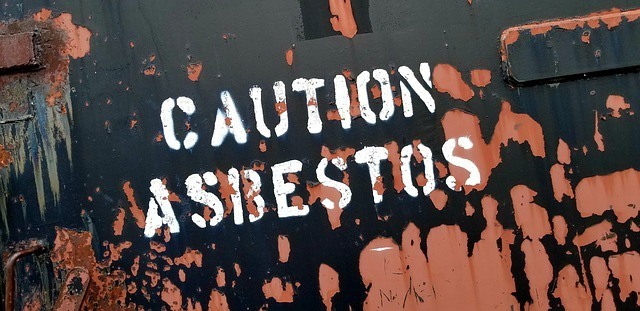Are the Home Counties the next hotspot for Chinese and Hong Kong investors?
A new thought leadership paper has asked whether the Home Counties – the typically affluent counties surrounding London – will be the next hotspot for investors from mainland China and Hong Kong. Continue reading
Record high – properties continue to sell over asking price
NAEA Propertymark has released its June Housing Report, revealing that properties are selling over their asking price at an all-time high. The reason for the inflated property prices is likely due to buyers rushing to meet the stamp duty deadline of June 30.
After the end of June, the threshold at which stamp duty begins in England and Northern Ireland fell to £250,000, with stamp duty set to return to the pre-pandemic level of £125,000 from October 1. First–time buyers still can buy homes costing up to £300,000 without incurring stamp duty from July 1 as exemptions pre-dating Covid still apply. Continue reading
Demand boom – Covid strengthens UK holiday accommodation market
The Covid-19 pandemic has had many adverse effects on businesses, but an industry that has benefited immensely from the pandemic is the UK holiday accommodation market. New research from building society, The Cumberland, shows a huge boost to the UK’s staycation market.
What the study shows New research from The Cumberland reveals 86% of holiday accommodation owners say they have invested in their business during the pandemic. A further 94% of holiday
accommodation owners say they have made a long-lasting, positive change. Continue reading
The electric vehicle revolution: How our homes are driving the green transition
Electric vehicles are driving the UK’s green transition, helping the nation on its journey towards sustainability and net zero emissions by 2050. To achieve this goal, the sale of new petrol and diesel cars will be banned after 2030, meaning that the future roads are guaranteed to look more electric.
But with the increase of electric vehicles comes the issue of charging. Of course, it makes sense that we should all be able to charge our cars at home. Nipping to the petrol station during the rush hour commute will be no more, as recharging will be done on our doorsteps. But do you have an electric vehicle charger at your home yet? The answer is most likely no. After all, we’ve not had much use for them up until now. Continue reading
Subsidence – would you know if your investment property had it?
Along with Japanese knotweed, it’s one of the issues that can have the biggest impact on a home’s value and ability to sell, but would you be able to spot subsidence?
You wouldn’t be alone if not, with new research suggesting that 4.4 million homeowners aren’t aware of how to spot it. The findings from LV= General Insurance (LV= GI) reveal that more than half of homeowners (51%) don’t know what the signs of subsidence are, which are crucial to prevent it from getting to a very bad stage. Continue reading
New government guidance on cladding approved by property management firm
Principle Estate Management has welcomed a major UK government intervention that means leaseholders “trapped” in flats due to the cladding crisis could soon be able to sell or remortgage their properties. Continue reading
Green list Portugal – enquiries surge as buyers make plans to travel overseas
Findings from Rightmove suggest that pent-up demand from home-hunters wanting to buy a home in Portugal has finally started to be released, following the news that the country is to be added to the green list of countries for quarantine-free travel from May 17. Continue reading
Patience and planning makes women better investors than men – study
Research from Yoppie has found that when it comes to long-term investment, women are more likely to see a greater return than their male counterparts. Continue reading
Insight – these cities will continue to attract investors post-Covid-19
In recent times, regional property markets have seen a significant increase in investor interest. This upwards trajectory has been historically driven by two factors; one being to reduce risk
aversion amongst investors in the wake of the global financial crisis, and the other being rooted in the desire to capture the short-term leasing market that has started to drain away from London. Continue reading
Revealed – what asbestos taught us about managing risk
The UK’s asbestos industry ended on August 24, 1999 after being used heavily from the 1950s to 1970s. Over 20 years on, we are starting to see the delayed latency period taking effect as asbestos deaths have peaked over the last year or so. Continue reading









